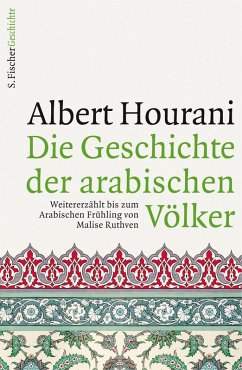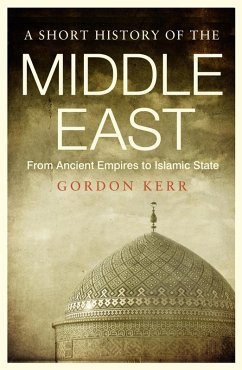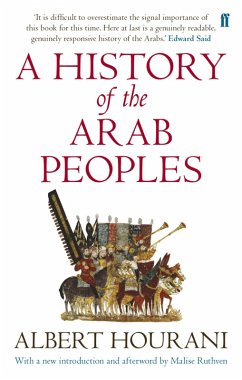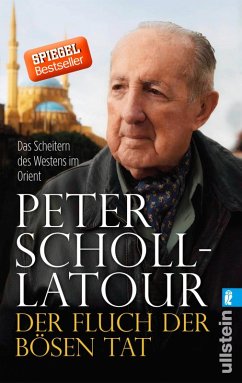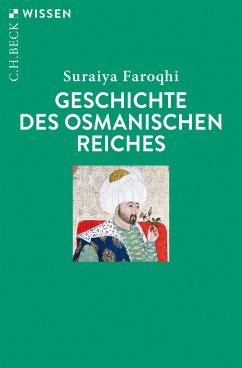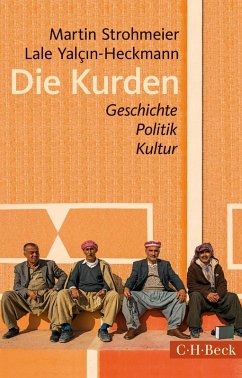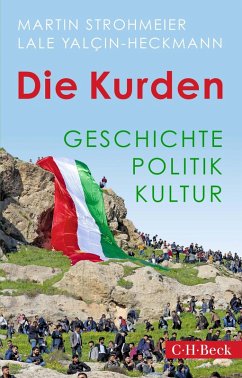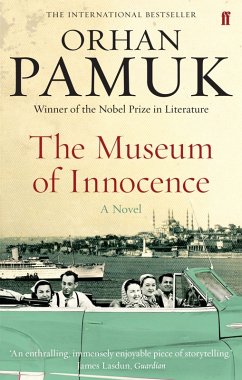circumstances in one particular context, and knowing the consequences that followed, is enough to make you feel outraged once again."-
Washington Independent Review of Books"Thompson has written an outstanding book on the attempts by Western actors to not only reverse democracy in Syria in the early 20th century, but also to deliberately conceal the reality of this reversal. Through rich archival research, Thompson puts forward an important and fascinating corrective to conventional and longstanding accounts."-
Amaney A. Jamal, Edwards S. Sanford Professor of Politics, Princeton University"Elizabeth Thompson has successfully combined her mastery of the immensely complex relationship between the Middle East and the West during World War I with her capacity for excellent storytelling and explains better than ever before how the dreams of those who supported the new leaders clashed with the know-how of seasoned colonialists who appropriated lands and imposed political systems that defeated democracy for more than a century since. It is an essential read."-
Leila Fawaz, Issam M. Fares Professor of Lebanese and Eastern Mediterranean Studies, Tufts University and author of A Land of Aching Hearts"
How the West Stole Democracy from the Arabs should be required reading for policymakers and pundits who promote the lie that Arabs require western invasions to impose democracy. It proves that the West, far from promoting democracy in the Middle East, strangled it at birth. This excellent and enlightening book ranks with Margaret Macmillan's award-winning
Paris 1919: Six Months That Changed the World as a ground-breaking work of both thorough scholarship and fine writing."-
Charles Glass, former ABC News Chief Middle East Correspondent and author of Tribes with Flags: A Journey Curtailed and They Fought Alone: The True Story of the Starr Brothers, British Secret Agents in Nazi-Occupied France"There are historical periods that seem full of possibilities for those who experience them; only in retrospect-when those possibilities have been foreclosed-do outcomes seem clear and inevitable. Harnessing meticulous research to careful analysis; moving among international diplomacy, personal interactions, and local politics, Thompson expertly argues that after World War I, the fate of Ottoman Arab lands was not merely contested but that radically different outcomes for independence, constitutional government, and liberal arrangements were very live possibilities, far more so than is generally remembered."-
Nathan J. Brown, Professor of Political Science and International Affairs at George Washington University"This wonderfully readable book tells a grim story about the subversion of democracy in the Arab world. Drawing on an unusually wide range of sources, Elizabeth Thompson shows how the colonial powers systematically undermined not only Arab independence, but also the liberal-Islamist democratic synthesis that emerged from World War I in Syria. She explains how this frustration of popular aspirations opened the way for illiberal, sectarian currents that have played such a large role in the region in the decades since. Both general readers and experts will find great benefit in reading her powerful narrative." -
Rashid Khalidi, Edward Said Professor of Modern Arab Studies and director of the Middle East Institute at the School of International and Public Affairs, Columbia University"At the end of World War One the Arabs tried to create a constitutional democracy in Syria. Had this succeeded, the country-and the region-might be in a much better way today. But France and Britain conspired to destroy it. Elizabeth F. Thompson has brilliantly recreated this fateful turning point in twentieth century Middle Eastern history. I thought I knew this story well. But the new details she reveals in this riveting account often left me open-mouthed."-
James Barr, author of Lords of the Desert: The Battle Between the United States and Great Britain for Supremacy in the Modern Middle East and A Line in the Sand: The Anglo-French Struggle for the Middle East, 1914-1948"Elizabeth Thompson, in a sweeping and magisterial argument, demonstrates that the perpetual hand-wringing in London, Paris and Washington over the lack of democracy in the Arab World is sort of like Jack the Ripper complaining about the high murder rate. Her situating of radical Islam in the betrayals at Versailles and San Remo is breath-taking in its moral clarity."-
Juan Cole, Richard P. Mitchell Collegiate Professor of History, University of Michigan"A bold and important book. Through brilliant scholarship and engaging prose, Thompson pieces together the Arab constitutional order that European imperialism shattered in the aftermath of World War I. Essential reading for anyone who wants to understand a century of conflict in the modern Middle East."-
Eugene Rogan, author of The Fall of the Ottomans: The Great War in the Middle East and The Arabs: A HistoryPraise for Elizabeth F. Thompson:"This book deserves to be widely read. One of the most significant contributions to the historiography of modern Syria and Lebanon in recent years."-
American Historical Review, on Colonial Citizens"A major work by an eminent scholar of the Middle East,
Justice Interrupted provides a panoramic view of the region's struggle for justice and constitutional government over the past century and a half. Thompson offers powerful evidence that the pro-democratic aspirations of the Arab Spring have long roots."-
Charles Kurzman, author of The Missing Martyrs, on Justice Interrupted"Once again, Elizabeth Thompson delivers a first-rate book: original in approach, rich in content, yet readable in style. She is inspiring and brilliant, and I will recommend her new book enthusiastically."-
Leila Tarazi Fawaz, author of An Occasion for War, on Justice Interrupted"An urgent and accessible history of 'ideas in action,'
Justice Interrupted is essential reading for anyone interested in the past, present, and possible futures of the entire region."-
Max Weiss, author of In the Shadow of Sectarianism, on Justice Interrupted"Thompson sees the thirst for justice and reform blossoming as long as 400 years ago. . .Most intriguing, she finds elements of this constitutional liberalism even within fundamentalist Islamist movements that democratizers most worry about."-
Boston Globe, on Justice Interrupted"






